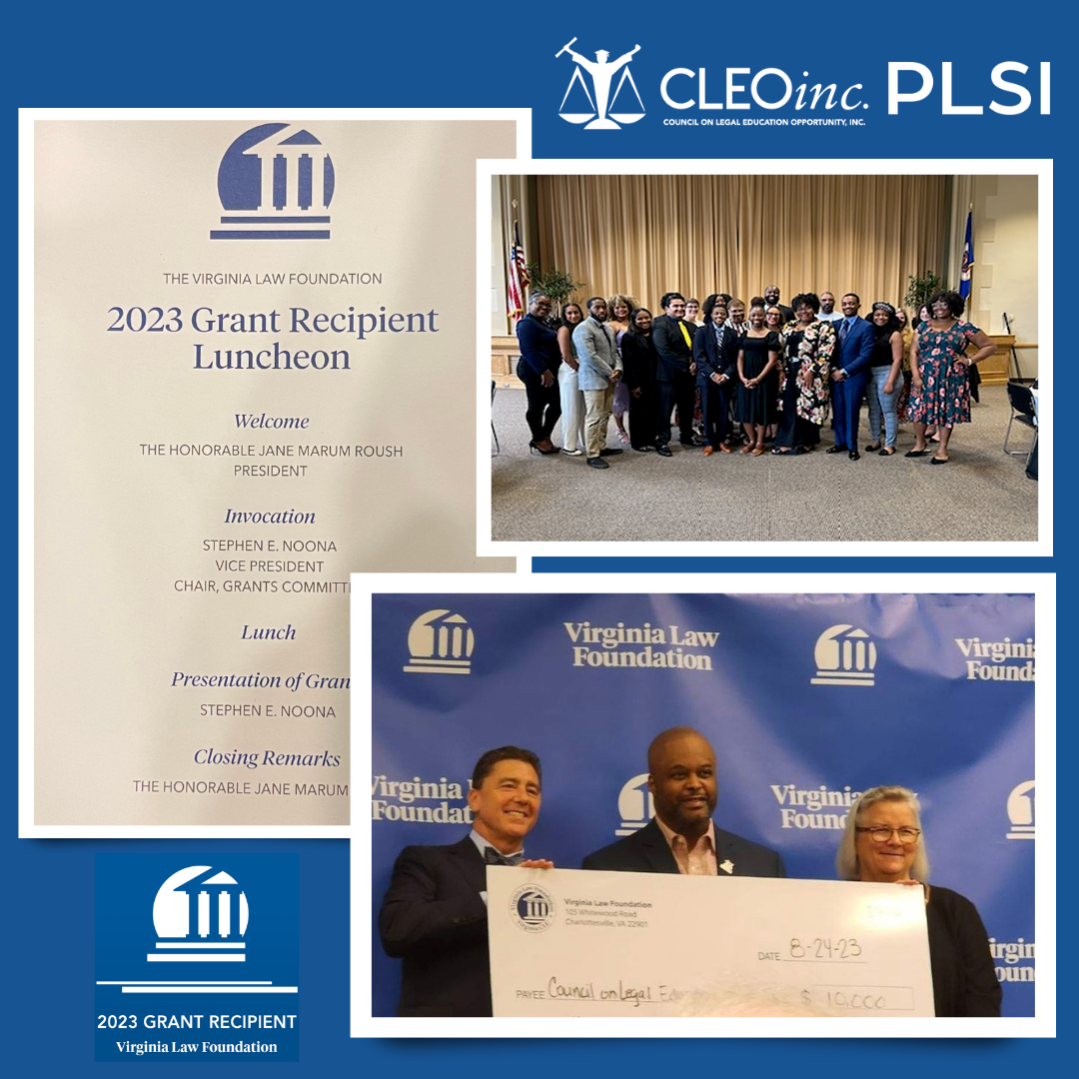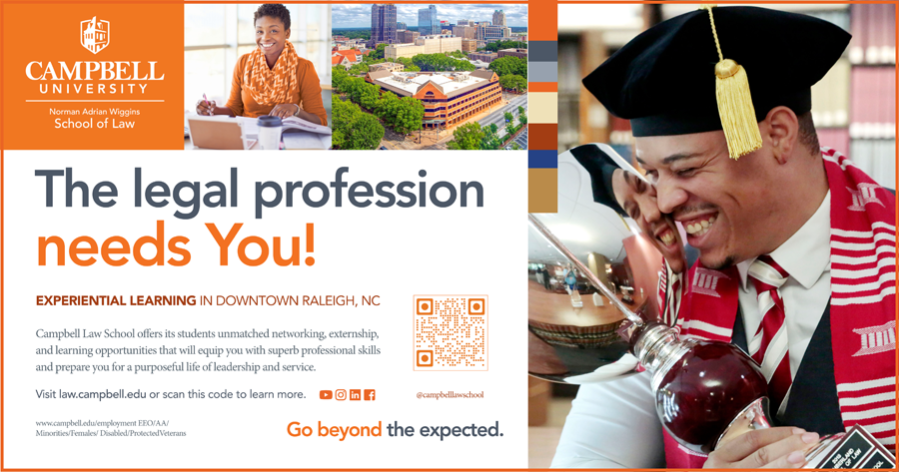
September, 2023 – Issue 10
Welcome to The CLEO JD Report. We will share tips on how to prepare for and succeed in law school, get legal profession insights from our CLEO alumni, and get to know our Partners-In-Law law schools that are making a commitment to diversity, equity, and inclusion.
The Council on Legal Education Opportunity, Inc. (CLEO): is a 501(c)(3) national non-profit organization that was founded in 1968 to expand opportunities for underrepresented students to attend law school. Since its inception, more than 30,000 students have participated in CLEO’s programs and joined the legal profession.


CLEO Edge Podcast Ep.14 – Dean Jennifer Rosato Perea, Dean of the DePaul University College of Law.
On this edition of the CLEO Edge Podcast, we highlight Dean Jennifer Rosato Perea, who holds the distinction of being the first Latina dean of a law school in the United States. Dean Jenn dives into her individual and professional journey, offering insight into a range of stories that have influenced her development. – VIEW ALL EPISODES

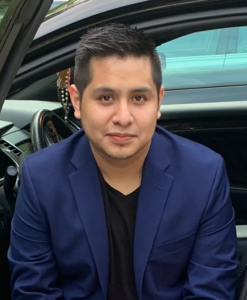
Read Secrets of a Law Student’s success & how CLEO can help YOU!
Jesus Diaz
DePaul University College of Law
Class of ’23
Q1. What was your course of study in college?
Political Science, (CUNY) The City College of New York ’18, (CUNY) Bronx Community College ’15
Q2. How did you become interested in pursuing law?
I grew up in an immigrant community in the Bronx, New York. I noticed that many family members and friends in my community encountered legal issues, such as injuries in their workplace, immigration family petitions, and traffic matters. Many of them had trouble communicating with attorneys because they did not speak English. I realized at a young age that I [could] have an impact in the legal profession as a bilingual attorney.
Q3. What steps did you take to prepare for law school?
I joined the Skadden Arps Honors Program in Legal Studies at the City College of New York, where I received invaluable insight on the LSAT, the Law School Admissions Process, and different fields of the law. I also did two programs with LatinoJustice PRLDEF which also had a huge impact on my journey to law school, which were “Lawbound” and “Next Generation Lideres (NGL).”
Of course, CLEO also played a big role in helping me prepare for law school. I attended the Juniors JumpStart the LSAT, Achieving Success in the Application Process (ASAP), as well as a few CLEO networking events.
Q4. How did you find out about CLEO?
I found about CLEO after I attended LatinoJustice’s LawDay event and my undergrad pre-law advisor Nildania Perez also told me about CLEO.
Q5. What benefits did you receive by participating in the CLEO Pre-Law Summer Institute or 1L-Prep Attitude is Essential?
As I mentioned above, I participated in CLEO’s Juniors JumpStart the LSAT, where I learned in depth about the LSAT. At CLEO ASAP, I learned to better structure my law school application. Prior to CLEO ASAP I had a different approach to my law school application.
Q6. What helped you cope with the stress of law school?
Weight training! Weight training in the morning gave me an energy boost during law school.
Q7. After law school, what are your legal career plans?
I plan to work in immigration law or personal injury.
Q8. Do you volunteer or intern with any legal organizations?
Yes! I interned with Children’s Legal Center, a nonprofit organization in Chicago, where I worked on U-Visa cases. I also interned with Al Otro Lado, another nonprofit organization, where I worked on many types of immigration cases.
I also volunteered with the Hispanic Lawyers Association of Illinois (HLAI) and the Puerto Rican Bar Association of Illinois (PRBA of Illinois) throughout law school. Both associations played an important role in my law school journey.
Q9. Do you have any advice for future lawyers?
Get involved with Bar Associations and law student organizations. Bar Associations and law student organizations are a great way to receive mentorship from attorneys and fellow law students.
Q10. What motivates you to be part of the legal profession?
I have been fortunate enough to have had a lot of client interaction experience. It’s a great feeling when clients express their gratitude towards me.

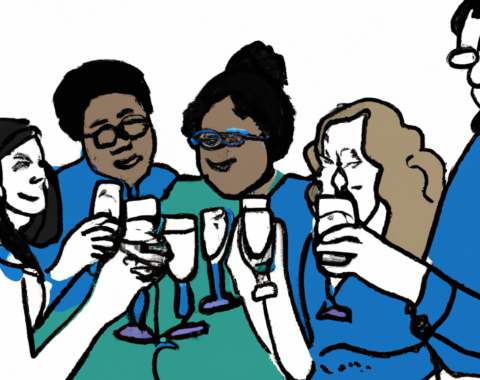
A detective who is attempting to solve a crime has ascertained several facts about the party where the crime was committed. After ascertaining the facts, the detective interviews five witnesses, who each give the detective a single statement. From the facts, the detective is able to determine that two of the statements are true and one statement is a lie. Can you determine which two statements are true and which statement is a lie given the facts?
Fact 1: Everyone at the party who drank champagne wore blue.
Fact 2: Devin did not drink champagne at the party.
Fact 3: Matt did not wear blue at the party.
Fact 4: No one who wore blue stayed at the party past midnight.
Fact 5: Everyone who drank champagne danced a waltz.
(Which two are true and which one is a lie given the facts above?)
Statement 1: Matt did not drink champagne at the party.
Statement 2: Devin did not stay at the party past midnight.
Statement 3: If Lynda stayed at the party past midnight, she did not drink champagne.
Statement 4: Some people who danced the waltz stayed past midnight.
Statement 5: Sheila stayed at the party past midnight and drank champagne.
Solution: Statements 1 and 3 must be true given the facts. Statement 5 must be false given the facts. Statements 2 and 4 could be true or false given the facts.

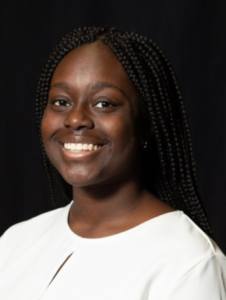
Read Secrets of a Pre-Law Student’s success & how CLEO can help YOU!
Naa Lamptey-Mills
George Washington University
Class of ’21
Q1. How did you find out about CLEO?
Through Instagram actually! A law school page called Joanne in Law.
Q2. When did you realize you wanted to attend law school?
Quite frankly, the law has been a lingering option, I had quite the journey in college and found myself exploring interests in marketing/business that I hadn’t considered prior. Additionally, I knew it would be a rigorous undertaking and wanted to ensure I fully understand why law school was the best option for me. I will emphasize that I pursued a degree in International Affairs and concentrated on Global Public Health, ended up focusing on Public Health, and my History Public Health teacher and Health Policy teacher were both practicing lawyers. While I was hesitant, I found their careers fascinating and very solutions based considering my interest in International Affairs/Diplomacy.
After working at CVS and Pinterest, I decided that I wanted a more fulfilling career and returned to the field of international development with the intention to pursue law school after this final period of working. Law seemed like the most natural, and daunting option, as it would enable me to learn the systems and policies that drive our international-governmental organizations, nonprofit organizations, and government actors in International Affairs and Development.
Q3. What did you learn during the CLEO program you attended?
I learned so much! To be specific, I noted that you have to be intentional with this process to reap the best results. You also have to tailor this process. The application process is a means of communication/branding for the applicant, so being intentional/organized/disciplined matters most. I was most nervous about the LSAT but after our session with Griffon Prep, I felt more than at ease.
Q4. How has the CLEO programs influenced your preparation for law school?
It made me understand that there are people in the admissions process that are here to help. CLEO affirmed that there are people that I can count on if I open myself up to networking and receiving help. I am not alone in this process.
Q5. Select one of the CLEO programs (ASAP, JJ LSAT or CLEO Connection) you attended.
Achieving Succes in the Application Process (ASAP)
What portion of that program was most beneficial to you and why?
The Application Process session and LSAT session. The application process panel [with law school admission deans], helped me get a clear idea of what it means to tell your story and the distinction between personal statement, diversity statement, and addendum.
For the LSAT session ran through life practice questions. It made me a little more confident because the questions were easy with the right approach, and I was able to hear other people’s rationale or approach to the questions.
Overall, both sessions laid out clear expectations and strategies.
Q6. Do you plan to attend any future CLEO events?
Yes, I do!
Q7. Do you have any advice for other aspiring lawyers?
Be persistent. Ask questions about this process, and if you identify weaknesses, find solutions and people to help you with those weaknesses/concerns.

Sasha Brown - CLEO’s Pre-Law Summer Institute (PLSI)
CLEO alumnus, Sasha Brown, participated in CLEO’s Pre-Law Summer Institute (PLSI) at DePaul University College of Law in 2004. After finishing the multi-week seminar, he went on to earn his JD from DePaul in 2007.
After graduating from law school, Sasha worked as a Public Defender for 10 years in the Utah County area, representing defendants charged with all levels of Misdemeanor Offenses. He now serves as a Prosecutor for the City of Taylorsville, UT, where he handles DUI and Domestic Violence cases.
As an attorney, Sasha prides himself on taking those matters to trial which warrant full prosecution, and strives to assure that charges which are brought in error are subsequently dropped, thereby ensuring that those who are falsely accused enjoy the rights guaranteed to all under the law.
In this one-minute video, Sasha touches on the valuable knowledge he gained while attending the CLEO PLSI and how he believes it is truly beneficial to others hoping to attend law school and ultimately join the legal profession as he did.

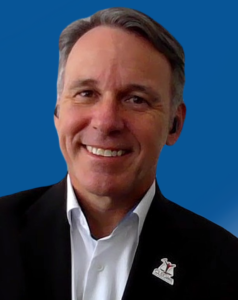
So you want to go to law school?
Matthew Niziol
Academic Advisor
Northern Virginia Community College
The Fall semester is a challenging time for the Pre-Law student who is starting, continuing, or restarting the road to law school! You have several priorities:
1. begin the semester with a plan and clear achievable objectives
2. surround yourself with resources
3. work your plan, evaluate your progress, and keep your eyes on the prize
First-year students, your plan is to:
- establish a pattern for learning and testing that achieves your highest GPA possible. When law schools consider your application, they will start with the tangible results of your success – GPA. GPA is the first marker used to identify academic success by admissions staff, but it is not the only indicator. Your experience in the classroom also leads to supportive letters of recommendation, and content for addenda, Diversity Statements, and Personal Statements.
Continuing students, your plan is to:
- identify best fit law schools and complete the application process in a way that makes you competitive. LSAT success is part of the application process, but so is choosing internships, student organizations, and volunteer experiences that exemplify your values and academic success. Law School admissions offices brag about their new students in “Class Profiles” on their website. Maybe you’ll change some activities or you might find characteristics you possess that law schools value.
Graduates and professionals, your plan is to:
- engage in learning activities that show you will be competent in the classroom even though you may have graduated years ago. Your undergraduate experience is behind you, but you can show that your academic skills are sharp and current with professional development seminars, by completing certifications, and volunteering as a mentor.
We didn’t learn to ride a bike, swim, or speak a second language on our own. Preparing for law school is exactly the same. You can rely on people who’ve succeeded before you, on professionals who have been trained in the process, and on a community of Pre-Law students who want to succeed together. Pre-Law advisors and organizations can help prioritize, clarify and expedite your law school plans.
Undergraduates and alumni should find Pre-Law advisors and career counselors at their universities. LSAT instructors can help you improve your scores by better understanding the exam. Collegiate, regional, national Pre-Law organizations and affinity groups can train you to choose your best fit law school, to complete law school applications, and introduce you to current law students and law school professionals. They can also provide much needed moral support. Websites like LSAC.org, and CLEOinc.org are a treasure chest and gateway to critical Pre-Law information and in-person and virtual seminars.
Pre-Law students should set small objectives with clear deadlines. For example, choose seven law schools to research over two weeks. At the end of two weeks decide which of those law schools are keepers and which are not. Evaluate your process.
Completing a task is the minimum expectation. Pre-Law students go the extra mile to understand how well they completed the task and how to make positive changes for future tasks. Your resource people can help you evaluate your progress.
Being a law student is a major life choice. Start your journey with clear eyes and surrounded by good people and resources.
Best of luck!

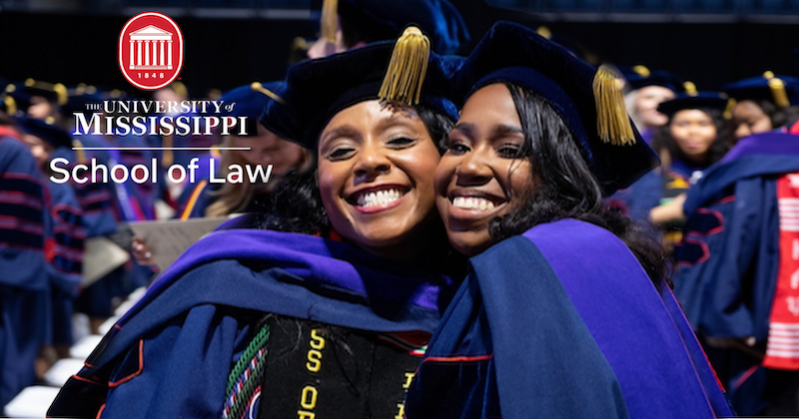
University of Mississippi
School of Law
Build Your Foundation
The University of Mississippi School of Law is committed to providing an educational environment that reflects the broader society and its varied perspectives, people and principles. The Law School strives to promote diversity among its faculty, staff and student body through its academic and extracurricular programming, which is reflective of the Law School and University’s overall philosophy found in its Creed.
The University of Mississippi School of Law supports the University’s commitment to inclusion, diversity, and academic freedom.
Visit The University of Mississipi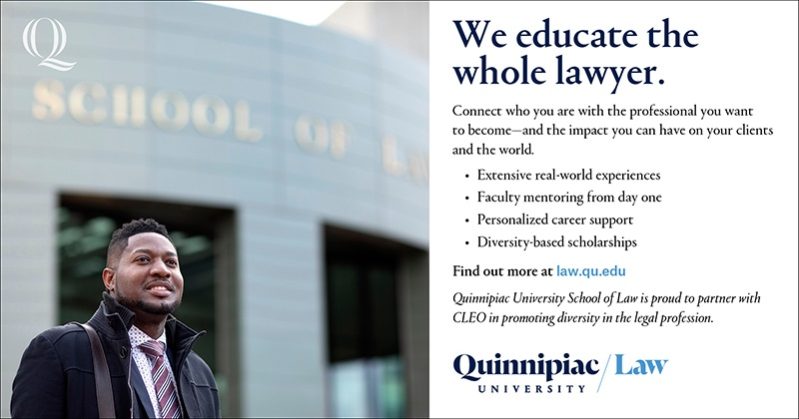
Quinnipiac University School of Law
Embraces Diversity, Equity, And Inclusion
At Quinnipiac Law, our mission is to create a diverse and inclusive community where every member is acknowledged, respected, and has the necessary resources to thrive, both individually and together. We incorporate inclusive excellence in everything we do to create a globally engaged, culturally rich and highly collaborative campus. Our policies and programs celebrate differences as sources of strength and empower everyone to embrace who they are and share their experiences, customs and beliefs. Our goal is to foster conversation, exposure and engagement with all people, thoughts, and ideas — from all corners of the world.
Visit Quinnipiac Law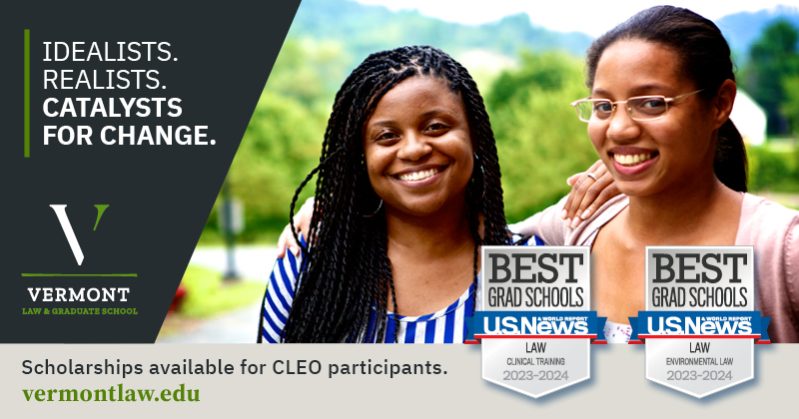
Vermont Law And Graduate School
Law for the Community and the World
Vermont Law and Graduate School (VLGS) has collaborated with CLEO for over 20 years. To live up to its motto—Law for the Community and the World—VLGS equips students with the skills, knowledge, and understanding to become leaders in the increasingly diverse and dynamic global community.
VLGS supports a diverse range of student groups, including Alliance, Asian Pacific American Law Student Association, Black Law Students Association, Jewish Law Students Association, Latinx American Law Students Association, Muslim Law Students Association, Native American Law Student Association, Women’s Law Society, and others.
VLGS was the first law school in the country to offer an MA in Restorative Justice in addition to the JD degree. In 2020, the VLGS Center for Justice Reform received a $3M grant from the U.S. Department of Justice to establish a National Center on Restorative Justice. Through clinics, externships, projects, and policy work, all VLGS students have the opportunity for hands-on experience working in environmental and social justice.
Visit Vermont Law and Graduate School
CLEO, Inc. is proud to include many of the nation's premier law schools in our Consortium on Diversity in Legal Education.
PARTNER LAW SCHOOLS
Fordham University School of Law
Loyola University New Orleans College of Law
Marquette University Law School
University of Colorado Law School
University of Idaho College of Law
The University of Mississippi School of Law
University of New Hampshire School of Law
Quinnipiac University School of Law
Vermont Law and Graduate School
Washburn University School of Law
SUPPORTING LAW SCHOOLS
Campbell University Norman Adrian Wiggins School of Law
Case Western Reserve University School of Law
Cornell Law School
St. John’s University School of Law
St. Thomas University College of Law
University at Buffalo School of Law
SUSTAINING LAW SCHOOLS
Baylor University School of Law
Boston University School of Law
Florida International University College of Law
Mercer University School of Law
Michigan State University College of Law
Mitchell Hamline School of Law
New York University School of Law
Northwestern University Pritzker School of Law
Oklahoma City University School of Law
Southern Illinois University School of Law
Texas A&M University School of Law
The University of Kansas College of Law
The University of Texas School of Law
The University of Tulsa College of Law
University of Denver Sturm College of Law
University of the Pacific McGeorge School of Law
University of Pennsylvania Carey Law School
University of Richmond School of Law
USC Gould School of Law
Washington and Lee School of Law
Widener University Delaware Law School
CLEO STAFF
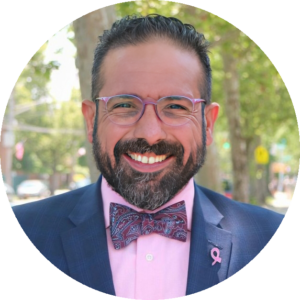
Juan Carlos "J.C." Polanco, Esq., MBA
President & Chief Executive Officer
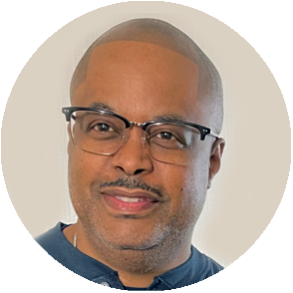
Leigh R. Allen, II, MBA, MS
Chief Operating Officer
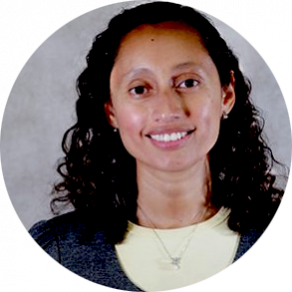
Lynda Cevallos, Esq.
Vice President of Academic Affairs
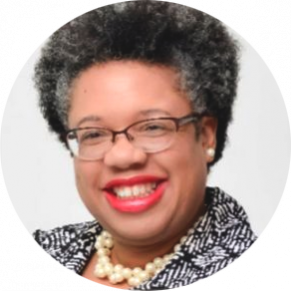
Julie D. Long, BS, CAP, PACE
Vice President of Finance and Administration
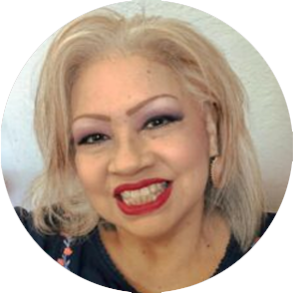
Iris Martinez Juergens, BA
Director of Development and Grants
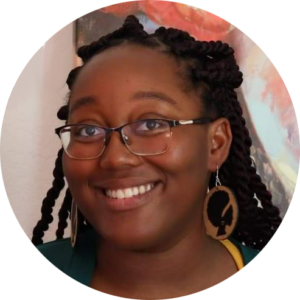
Dominique Moss, M.Ed.
Director of Law School Initiatives
CLEO BOARD OF DIRECTORS

SAMANTHA AHUJA
GREENBERG TRAURIG

ANGELA BIRCH COX
(IMMEDIATE PAST CHAIR)
HOUSTON HABITAT FOR HUMANITY, INC.
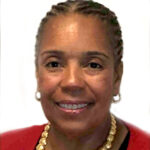
ELIZABETH A. CAMPBELL
(CHAIR)
BEEBE HEALTHCARE

ROBERT FALK
TRUTH INITIATIVE

DARRYL L. FRANKLIN
HMSHOST
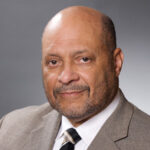
HAROLD HENDERSON
NFL PLAYER CARE FOUNDATION
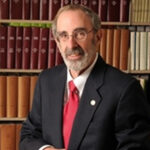
MALCOLM L. MORRIS
DEAN EMERITUS AND PROFESSOR OF LAW

RACHEL OKOLSKI
ASSOCIATION OF CORPORATE COUNSEL
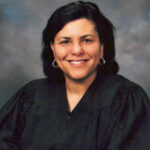
THE HONORABLE DENISE OWENS
FIFTH CHANCERY COURT MISSISSIPPI

YANERIS M. ROSA
WORLD WRESTLING ENTERTAINMENT, INC. (WWE)
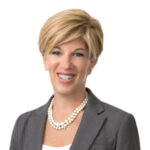
PAMELA V. ROTHENBERG
WOMBLE BOND DICKINSON (US) LLP
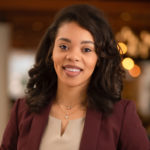
BRANDY SMITH
LINCOLN FINANCIAL GROUP

